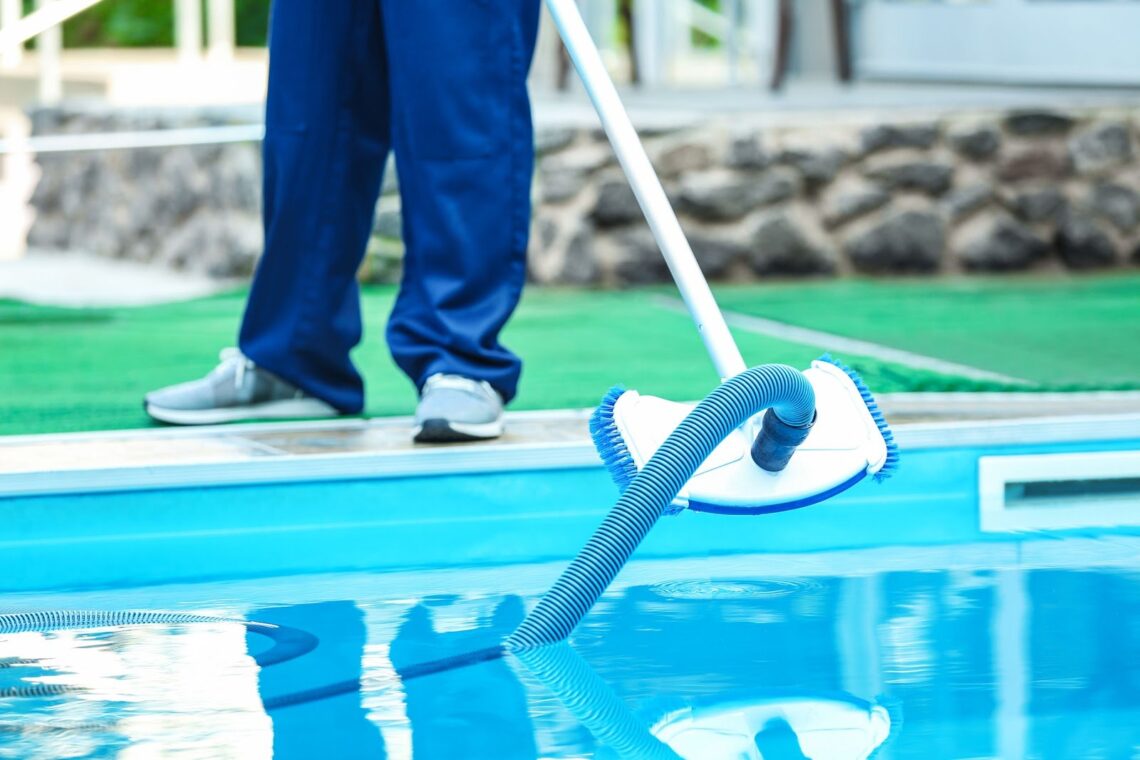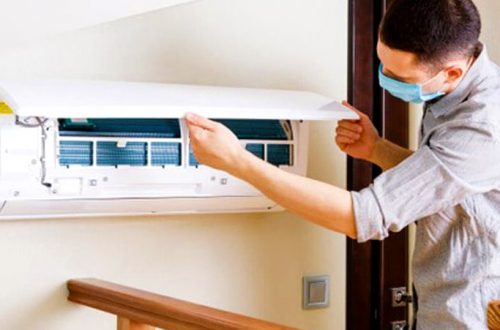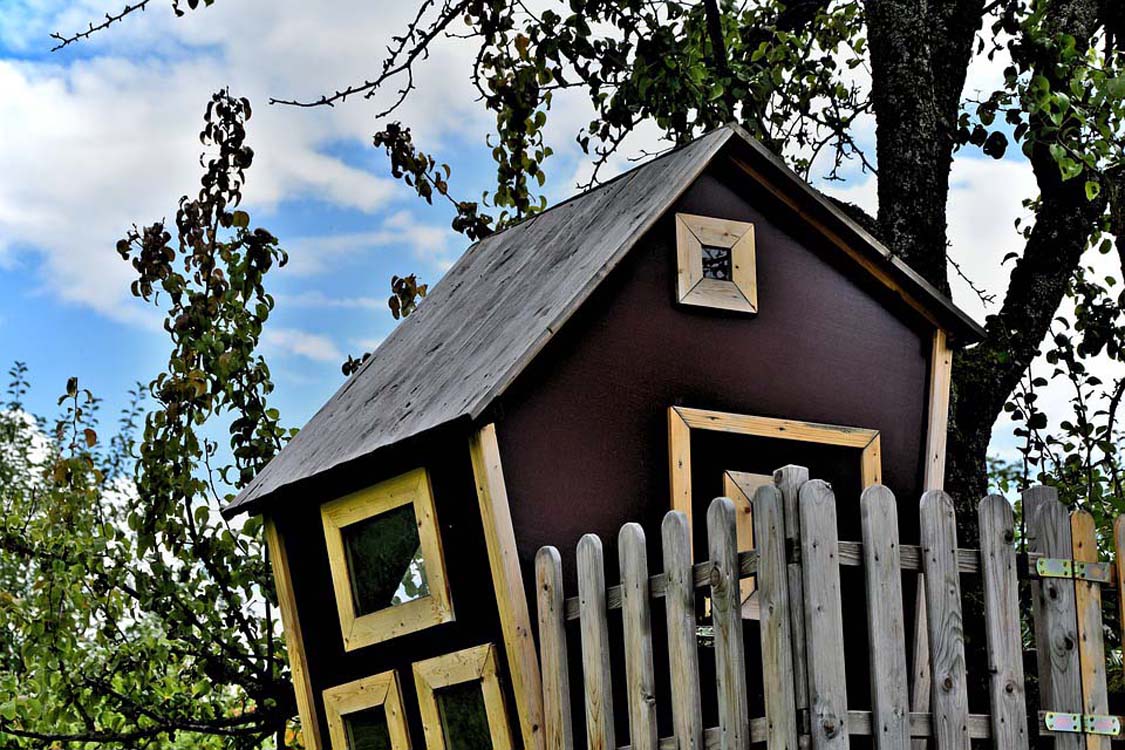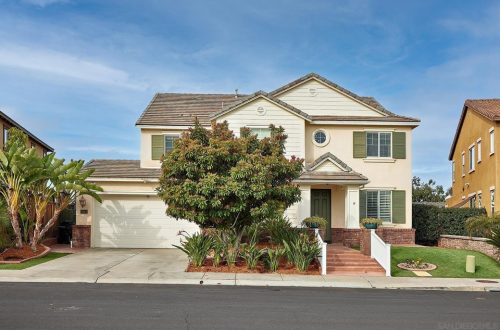
Essential Swimming Pool Maintenance Tips for Year-Round Care
Table of Contents
Owning a swimming pool is a luxury that provides endless hours of enjoyment and relaxation. However, to keep your pool in top condition and ensure it remains safe and inviting, regular maintenance is crucial. Proper pool care not only enhances the aesthetics of your pool but also extends its lifespan, ensuring you and your family can continue to enjoy it for years to come.
Whether you own an in-ground or above-ground pool, maintaining your pool year-round requires consistent attention. In this article, we’ll explore essential swimming pool maintenance tips that will help you keep your pool in prime condition, regardless of the season.
1. Regularly Clean the Pool Surface
One of the most important tasks in maintaining your swimming pool is keeping the surface clean. Leaves, debris, and dirt can quickly accumulate in your pool, especially during windy seasons. If left unchecked, debris can block the pool’s filtration system, cause algae growth, or affect the water quality.
- Skim the Pool: Use a skimmer net to remove leaves, insects, and other debris from the water’s surface. This should be done daily or at least a few times a week, depending on the amount of debris in your area.
- Brush the Walls and Floor: Algae and dirt can build up on the pool’s walls and floor. Use a pool brush to scrub the walls, steps, and the bottom of the pool regularly. This helps prevent the buildup of grime that could lead to staining or algae growth.
2. Maintain the Pool’s Chemical Balance
Proper water chemistry is essential for a safe, clean pool. Incorrect chemical levels can lead to skin and eye irritation, cloudy water, and even cause damage to the pool equipment. Regularly testing and adjusting the water’s pH, alkalinity, and chlorine levels will help maintain clean and clear water.
- Test the Water: Invest in a reliable pool water testing kit to check the levels of pH, chlorine, alkalinity, and calcium hardness. Ideally, you should test your pool water at least once a week, especially during peak swimming season.
- Adjust pH and Chlorine Levels: The ideal pH range for pool water is between 7.4 and 7.6. If the pH is too low (acidic), it can cause skin irritation and damage the pool’s equipment. On the other hand, if it’s too high, it can lead to calcium deposits on the pool’s surfaces.
- Chlorine and Sanitization: Chlorine is used to disinfect the water, killing harmful bacteria and preventing algae growth. Regularly monitor the chlorine levels (ideal range is 1 to 3 ppm) and add chemicals as needed to ensure the water remains clean and safe.
3. Check and Clean the Pool Filter
The pool filter plays a vital role in maintaining clean water by trapping debris and particles. Over time, the filter can become clogged or dirty, affecting the overall efficiency of your pool’s circulation system.
- Clean the Filter: Depending on the type of filter (sand, cartridge, or diatomaceous earth), you should clean it regularly. Sand filters typically need backwashing every 4-6 weeks, while cartridge filters should be removed and rinsed with a hose or replaced when necessary.
- Inspect the Filter’s Condition: In addition to cleaning, regularly inspect the filter to ensure it is functioning properly. A damaged or worn-out filter may need to be replaced to maintain optimal performance.
4. Keep the Pool Pump Running Efficiently
Your pool pump is responsible for circulating the water, which is crucial for filtering, chemical distribution, and overall pool cleanliness. A malfunctioning pump can result in poor water circulation and reduced water quality.
- Check Pump Pressure: Keep an eye on the pressure gauge on your pool pump. If the pressure is too high or low, it may indicate a clogged filter or a mechanical issue with the pump.
- Run the Pump Regularly: To keep the water properly circulated, run the pool pump for about 8 hours a day during peak swimming season. In cooler months, you can reduce the runtime, but make sure the pump runs for at least 4 hours daily.
- Winterize the Pump: If you live in an area with freezing temperatures, be sure to winterize your pump by draining the water from the pump, filter, and pipes. This prevents freezing and potential damage during the winter months.
5. Maintain the Pool’s Water Level
The water level in your pool should always be at the halfway point of the skimmer. If the water level is too low, the pump can run dry, causing damage. If it’s too high, the water may not be effectively filtered, leading to poor circulation.
- Monitor Water Levels: Check the water level regularly, especially after heavy rain or evaporation. If the level drops significantly, top it up with a garden hose.
- Address Leaks: If you notice a significant drop in water levels over a short period, you may have a leak. It’s important to address leaks promptly to avoid further water loss and costly repairs.
6. Winterizing Your Pool
Winterizing your pool is essential if you live in an area with cold winters. Proper winterization protects your pool and its equipment from freezing temperatures, which can cause damage to pipes, pumps, and the pool structure.
- Clean and Balance Water: Before closing the pool for the winter, thoroughly clean the pool and ensure the water’s chemical balance is stable.
- Cover the Pool: Use a pool cover to protect the water from debris and contaminants during the colder months. Make sure the cover is secure and free of any sagging that could collect water.
- Remove Pool Equipment: Disconnect and store pool equipment like ladders, pumps, and filters in a dry, sheltered place to prevent damage from freezing temperatures.
Conclusion
Proper swimming pool maintenance is an ongoing task that ensures your pool remains a safe, inviting place for relaxation and enjoyment year-round. By regularly cleaning the pool, maintaining proper water chemistry, and ensuring that the filtration system is functioning correctly, you can keep your pool in top condition. Seasonal tasks like winterizing your pool also help protect your investment in the long term.
With these essential maintenance tips, you’ll be able to enjoy clear, clean, and safe swimming water no matter the season, making your pool the perfect place for family fun and relaxation.





